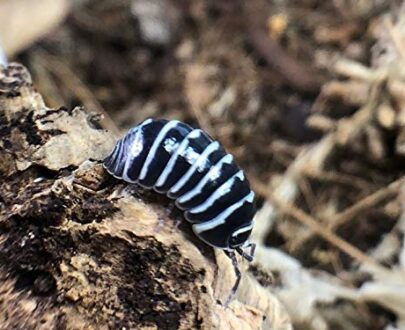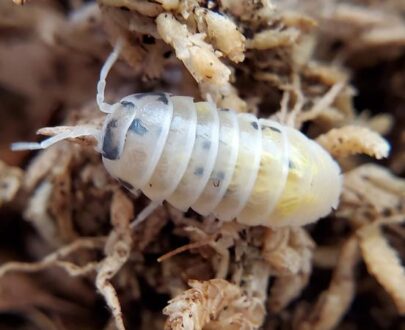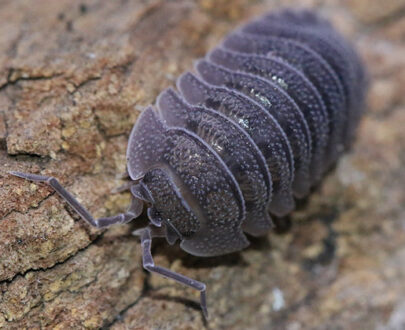- You have no items in your shopping cart
- Subtotal: $0.00
Porcellio dilatatus – ‘Giant Canyon‘ – Isopod
Porcellio dilatatus, also known as the ‘Giant Canyon’ Isopod, can be found in North America and Western Europe. These medium to large bodied isopods spend most of their time below or at the soils surface. Giant Canyon isopods will grow to be over 3/4” in length, and will reproduce quickly once established in your setup. Their shells have a rough texture and grayish brown coloration. Very similar to Porcellio scaber, but the Giant Canyon gets much larger, and will burrow more than some of the other Porcellio species.
- You will receive a mixture of adults and juveniles / manca.
| Options | 10ct., 25ct., 50ct. |
|---|









Customer reviews
Reviews
There are no reviews yet.
Write a customer review